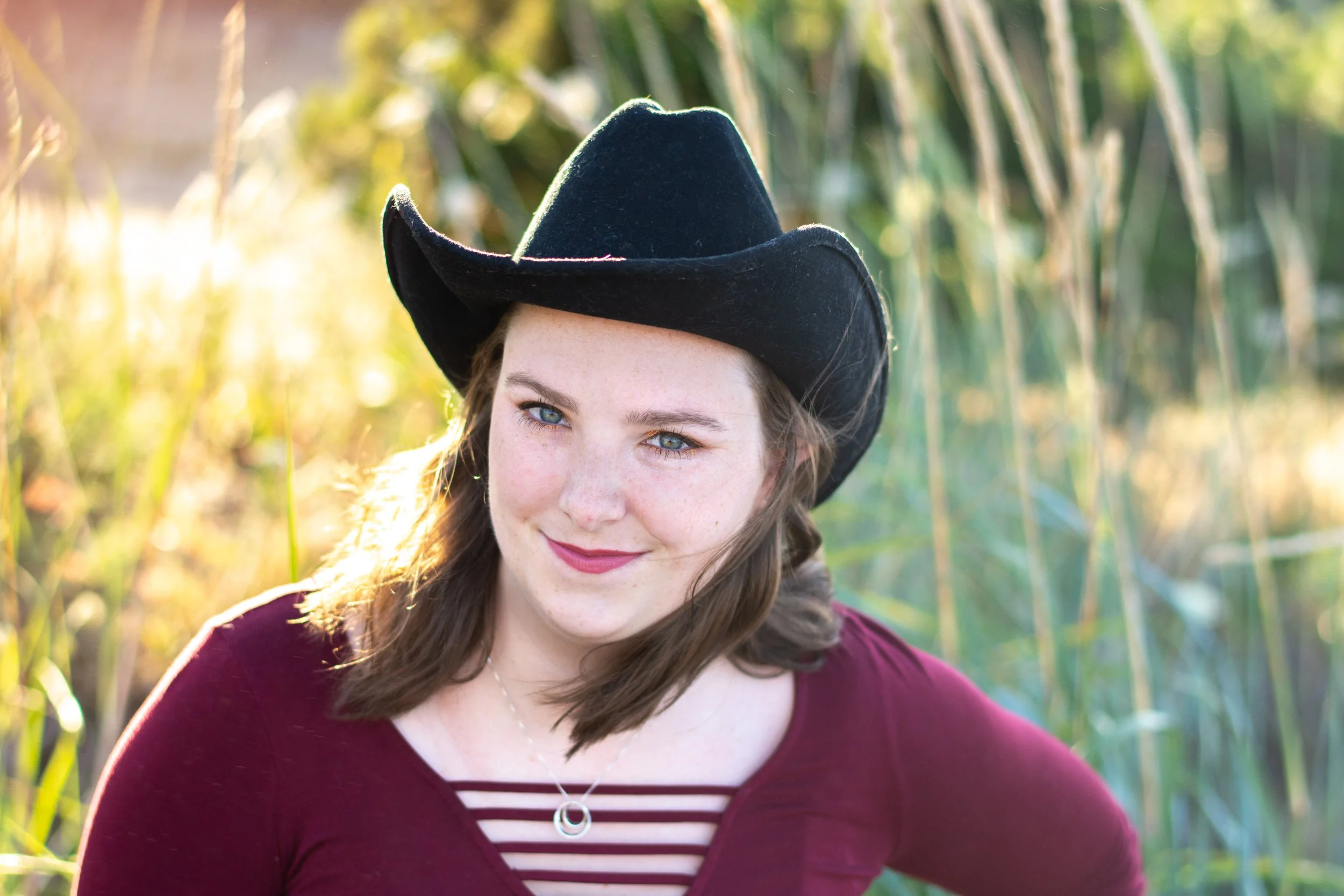bridging the divide
How to weather the election without losing heart (or your mind)
Words by David Albright
Photo by Oriana von Sprecht
Elizabeth Doll is a lifelong Kitsap County resident who also happens to be part of the nation’s largest cross-partisan, volunteer-led movement to bridge the partisan divide. What keeps her hopeful in what sometimes feels like the darkest of political seasons? Read on to learn more about her unique political journey in her own words.
You’re the director of politics for Braver Angels. What is Braver Angels? We organize workshops to depolarize the political culture in the country by bringing people together, helping them disagree accurately and finding common ground where they can.
Why are you drawn to this kind of work? I worked in politics for a long time and I got really concerned about how I saw political polarization breaking community. I ended up on Bainbridge Island, organizing dinners between Republican and Democratic women, and then eventually I got involved with Braver Angels.
When you look at the politics in this country, what’s missing? Conversation. Accurate disagreement. Willingness to live in pluralism. People get really distorted ideas about what the people around them believe, so really it’s those conversations that are needed to get an accurate understanding of how other people think.
How do you describe yourself politically? Well, I’m definitely a Republican. But in terms of what kind of Republican, that’s trickier. According to Pew Research’s political typology test, I’m a committed conservative, so let’s go with that.
What’s something surprising you’ve learned in doing this work? In one of our workshops, we had someone who identified herself as pro-life, saying she was against abortion after 15 weeks. Then we had a woman who identified herself as pro-choice saying she was in favor of abortions up to 15 weeks. That was a light bulb moment for me, like “oh, people are talking past each other on this issue to a greater degree than I’d realized.”
With politics, people typically think about fighting for their own side. Why do you think it’s equally important we spend time talking to the other side? Because we have to! If we want to continue to have democracy, you have to engage and build consensus with people who disagree with you. It’s also important from an innovation standpoint. We’re in a region that’s driven by innovation, and when you cut people out who disagree with you, what you’re really doing is saying that there are some ideas that are impermissible to explore, and you’re saying there’s no possibility that you might have any blind spots or things you’re missing.
What’s it like being a conservative in a very liberal place like Bainbridge Island? I do feel like the odd man out sometimes. My conservative friends and I will joke, if someone says something that’s too conservative, we’re like, “Oh, don’t say that out loud or they’ll vote you off the island!”
The election is coming up and lots of people are stressed out about it. What’s your advice to them? Disengage from social media and go talk to your neighbors. Do some volunteer work—the Suquamish soup kitchen always needs volunteers. Find something that isn’t politics to give you meaning and identity because there you find community and purpose that’s based in the reality of the people who live around you, instead of being based on an imagined perspective that you read about online.
a braver way
Feeling stressed about this election season? A Braver Way is a podcast from Braver Angels to help you learn how to disagree about politics without losing heart. Hosted and created by longtime Seattle journalist Mónica Guzmán and produced by Bremerton-based media producer (and Tideland contributor!) David Albright, this show brings on guests of all political stripes who are turning down the heat on our politics—not by watering down their beliefs, but by bringing them together in conversation and sometimes sharp debate.

